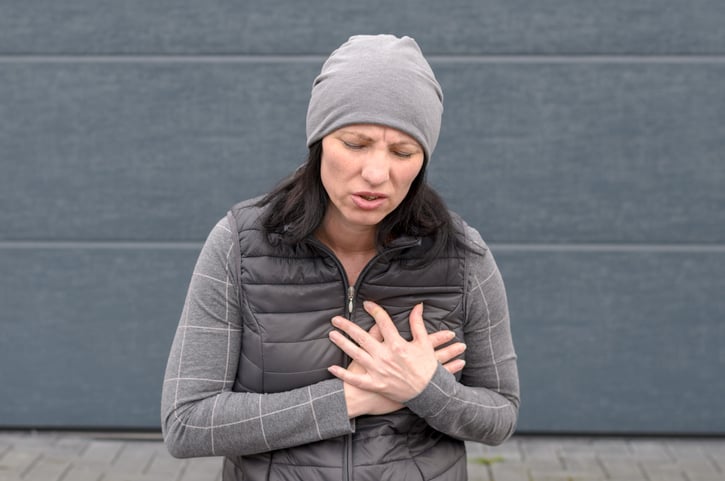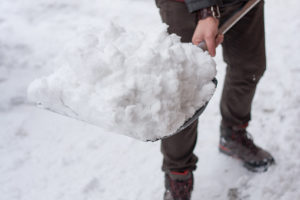When asked which season has the highest incidence of cardiovascular problems, most wouldn’t guess the winter, but it is true, especially in cities like New York City, which are known for harsh weather conditions.

One of the main reasons for this is our blood vessels constrict in the cold weather. This happens because our bodies work hard to protect vital organs such as our brain and lungs from extreme conditions by preserving blood flow. As a result, our heart has to beat harder and faster to supply the rest of the body with the oxygen it needs. As your heart rate and blood pressure increase, you raise your risk of blood clots, stroke, and heart attack.
Another factor for increasing our risk of developing cardiovascular disease in the winter is our diet. Both the quality and quantity of food we consume can have a significant role in our heart health during any time of the year, but it is especially important during cold weather months because to digest a heavy meal requires increased blood flow to the stomach, which, for previously stated reasons, can be difficult due to blood vessel constriction.
In addition to cold weather, the winter also brings with it an increased risk of contracting the influenza (flu) virus. Flu season typically is most prevalent during the winter months and fighting it (as well as other viruses) can place an increased amount of stress on the heart and can drain the body of its energy. For those with an already weakened heart, such as the elderly or those with a weakened immune system, this can be very dangerous.
Loneliness and depression have also been linked to an increased risk of heart attack by as much as 30%. The development and maintaining of social relationships is never more difficult than during the winter months due to a variety of factors. One major factor is the weather. The frigid conditions limit the ability to attend social events. In addition, the days are shorter and darker in the winter, which can also increase the likelihood of depression.
Lastly, the winter weather can also limit an individual’s ability to properly maintain their health. This can include interfering with a person’s ability to exercise regularly as well as allowing them access to critical healthcare resources, such as seeing their provider when they aren’t feeling well or refilling their medications. Failure to do so can have harmful effects on someone’s heart health.
Recognizing the increased heart health risk factors in the winter and taking steps to address them are vital to staying healthy in the winter. This includes making sure to avoid very cold temperatures and dressing warm, eating a heart healthy diet, getting your flu shot, maintaining social relationships, and closely monitoring your health, including seeing your doctor regularly and adhering to your medications.
To make an appointment with a physician at Flushing Hospital Medical Center, please call our Ambulatory Care Center at 718-670-5486.
All content of this newsletter is intended for general information purposes only and is not intended or implied to be a substitute for professional medical advice, diagnosis or treatment. Please consult a medical professional before adopting any of the suggestions on this page. You must never disregard professional medical advice or delay seeking medical treatment based upon any content of this newsletter. PROMPTLY CONSULT YOUR PHYSICIAN OR CALL 911 IF YOU BELIEVE YOU HAVE A MEDICAL EMERGENCY.

